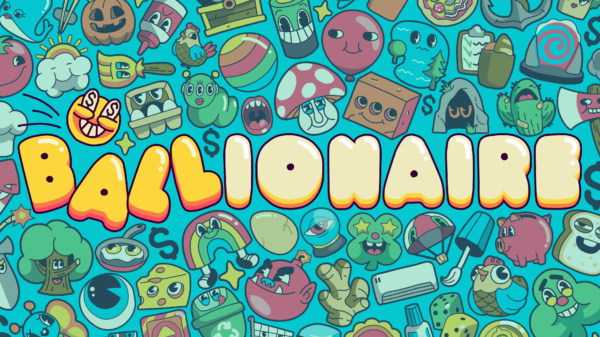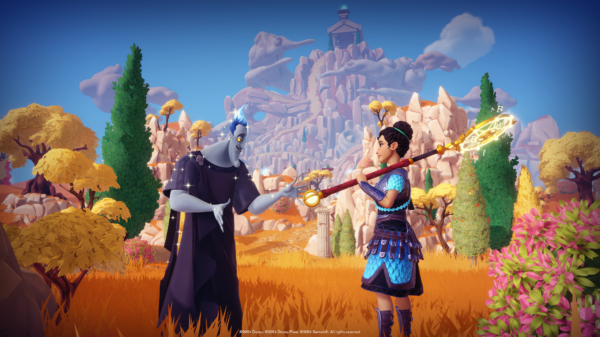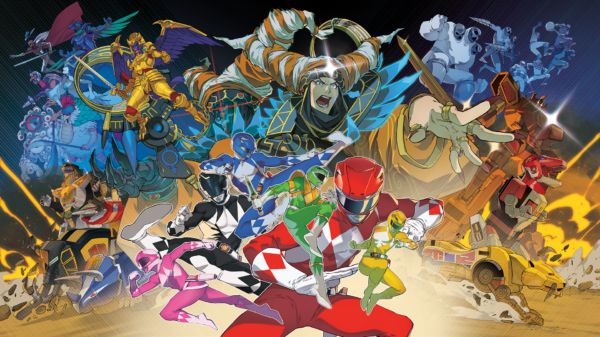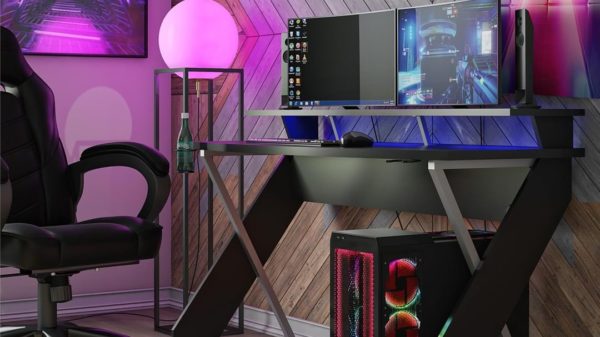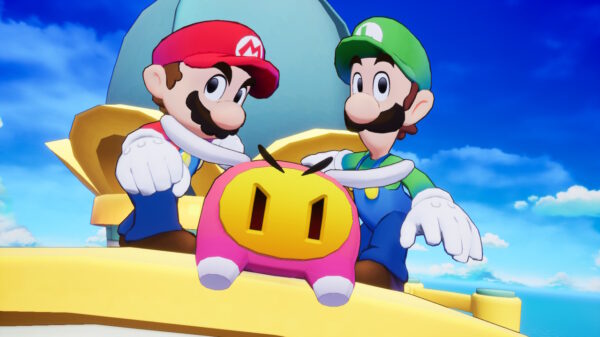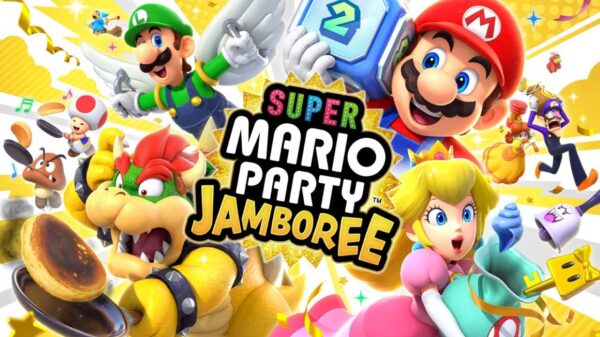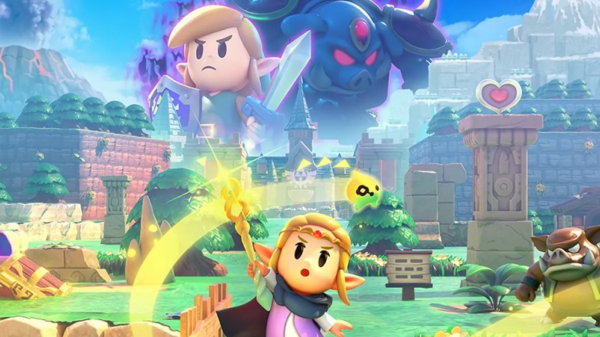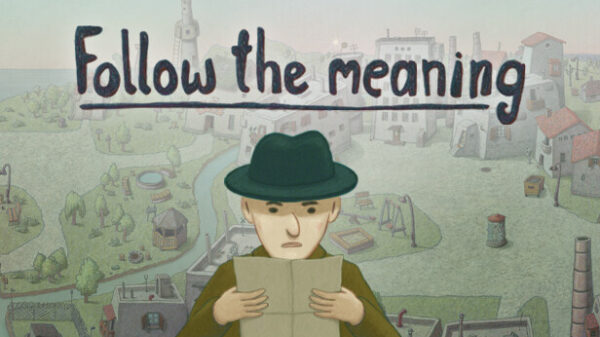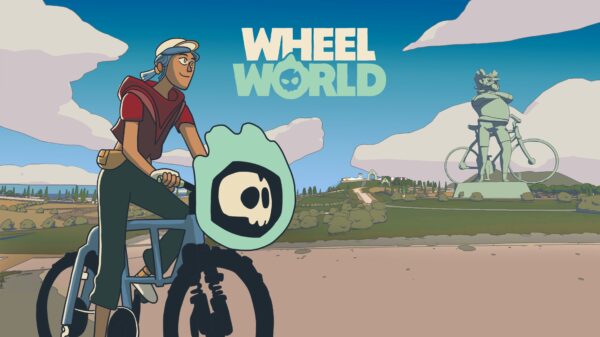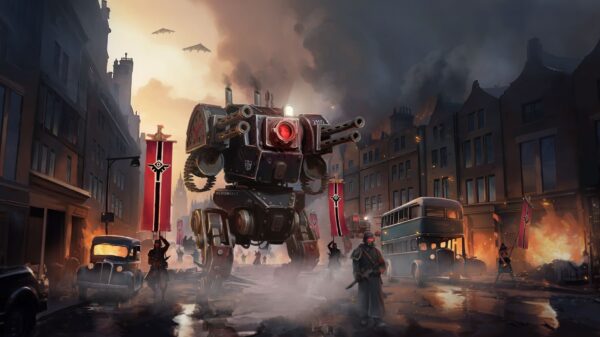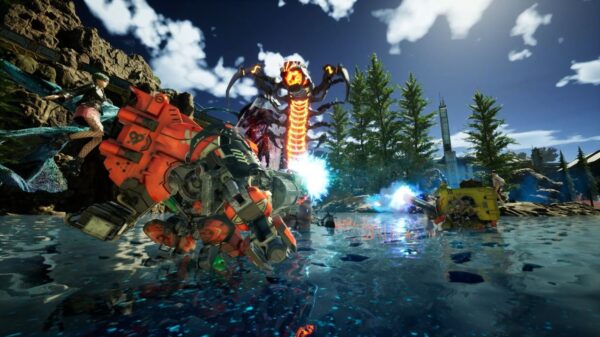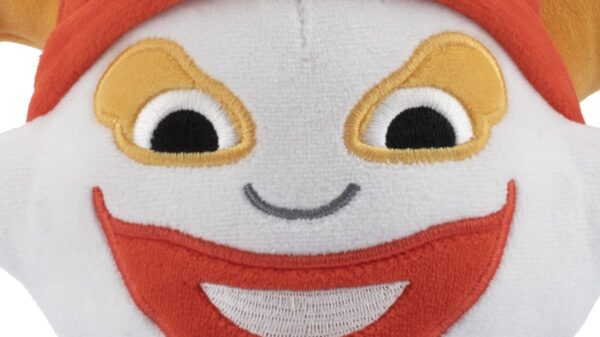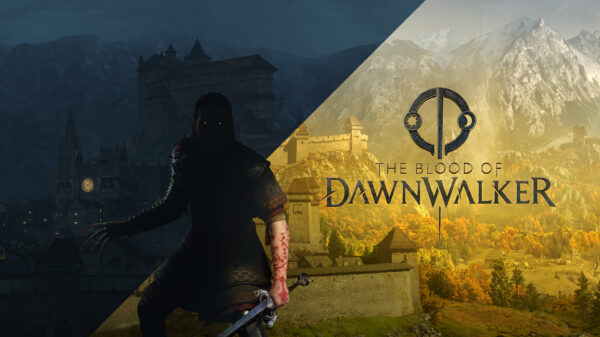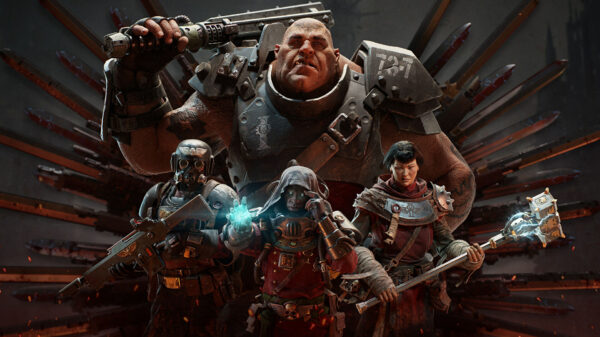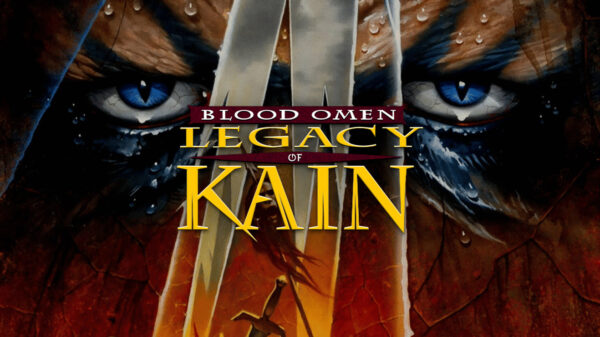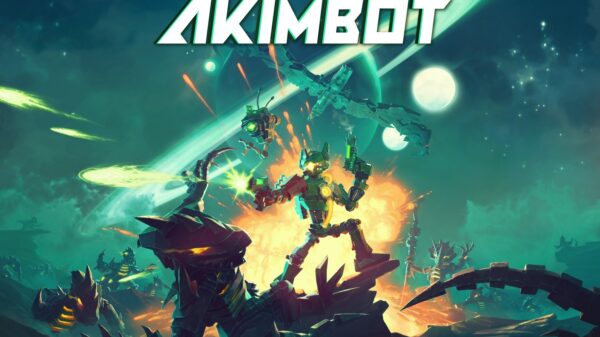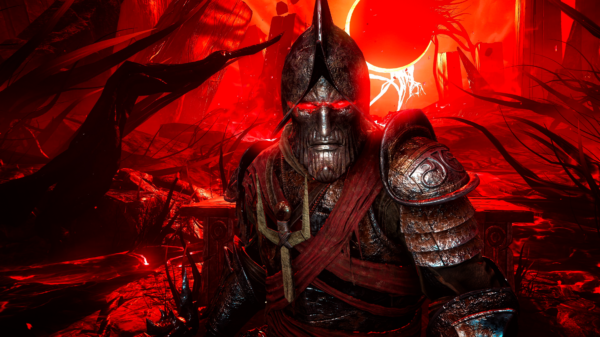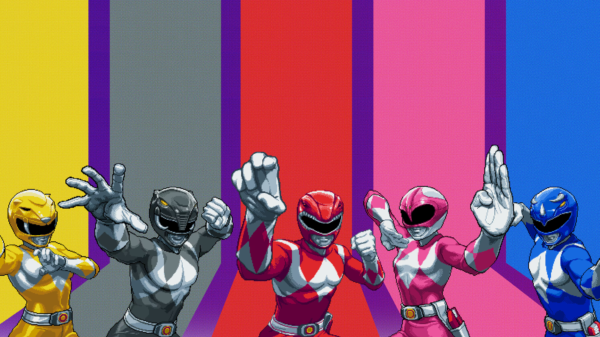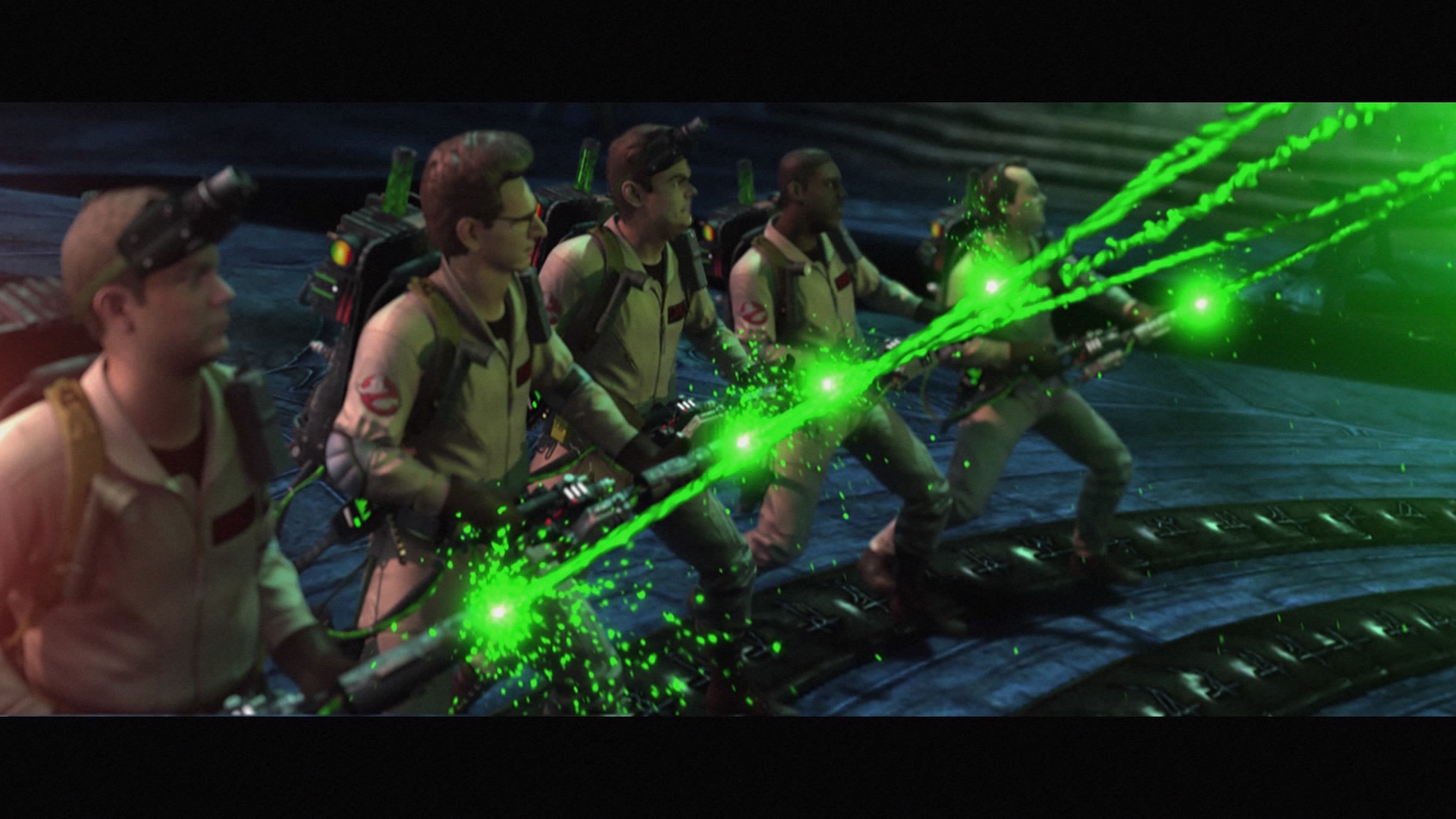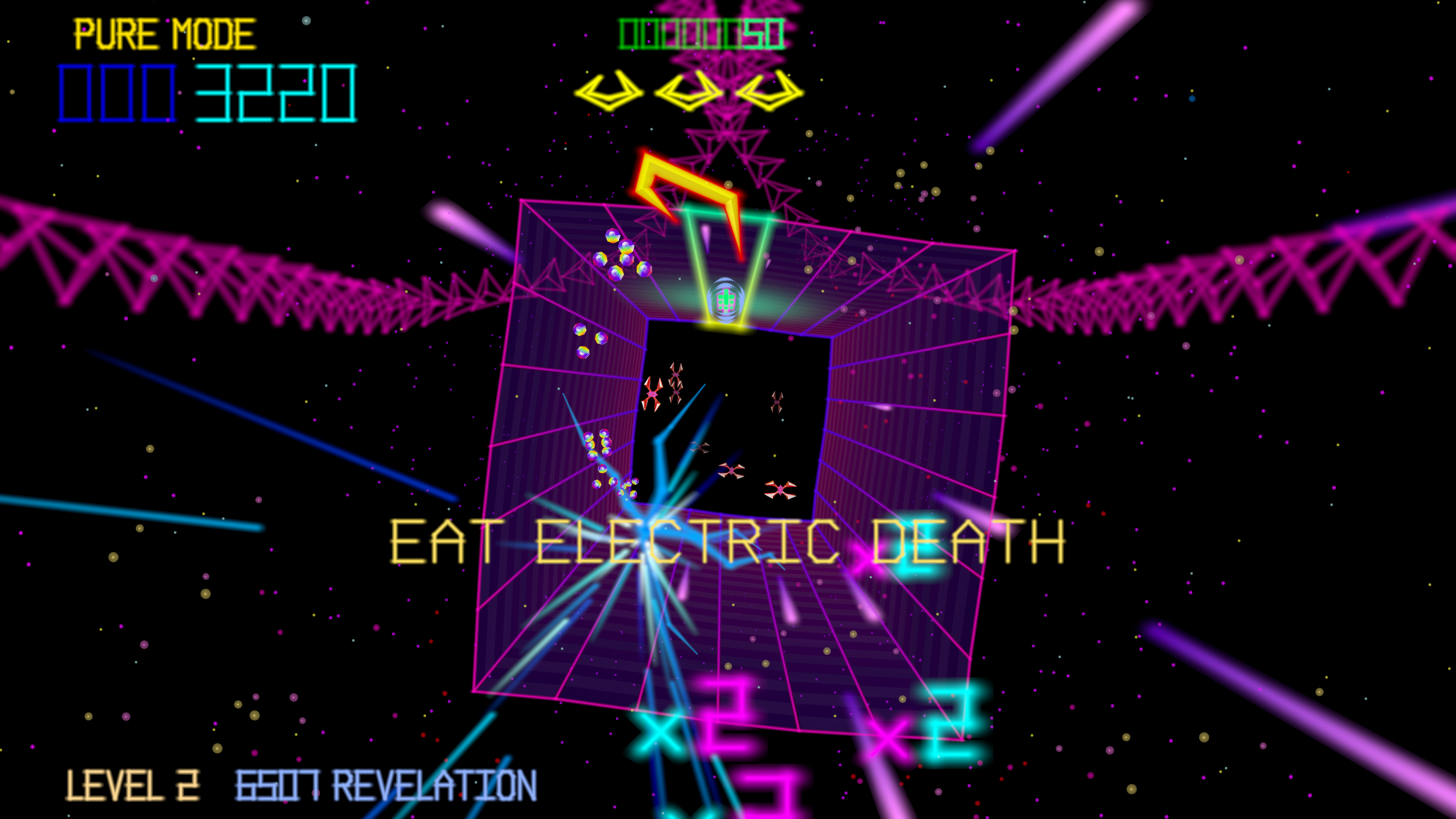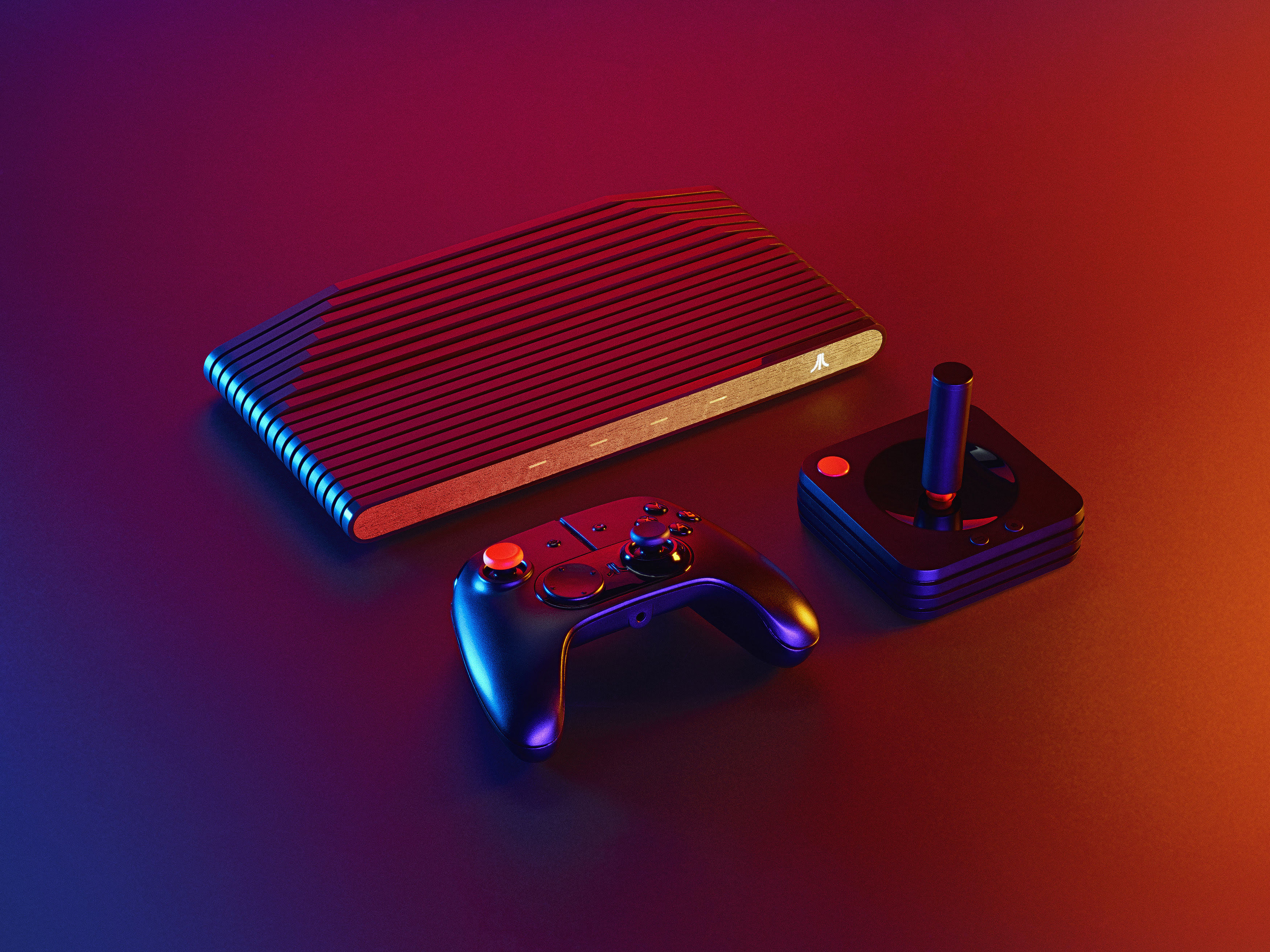I recently had the chance to talk to Tyler Bushnell, the creator of the Polycade arcade system, among quite a few other things. We delved into the state of arcades, casual gamers, and bonding over video games.
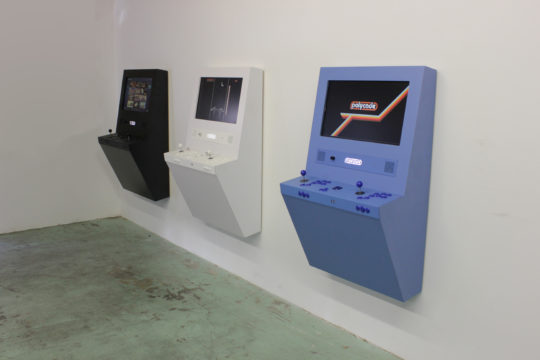
Spencer: So let’s start with some details about yourself and the Polycade.
Tyler Bushnell: My name is Tyler Bushnell. I have a background in software engineering, I’ve worked on touch-screen arcade games, and I’m the son of Nolan Bushnell, who made Atari and Chuck E. Cheese’s.
At the age of 18 I worked for uWink, a company of my dad’s. I always wanted my own arcade machine, but I never really broke down and put the time in to do it. A couple years ago I decided it was time to get an arcade machine. I couldn’t find one to buy online that had what I was looking for, so I decided I’d build it myself, and here we are!
So let’s get more in-depth, tell me about the Polycade.
Tyler: The Polycade is a home/office arcade machine. It’s designed to play as many games as possible in a reasonable footprint. The purpose of the machine is to have an updated design that will fit in more today, whether it’s in a fancy office, or a regular room. I love how classic arcade machines look, but it’s something that probably doesn’t belong in the living room.
I wanted to make my own machine, with it’s own look that still embodies a retro feel. I also wanted it to play the vast majority of arcade games without a giant “franken-panel”, a term used for multi-game arcade machine that has 6 joysticks, 2 trackballs, etc. So I built the Polycade to include tech like an auto switching 4 to 8 way joystick that allows you to reduce the control panel real estate while still being able to access classics like both Pac-Man and Street Fighter. It plays both retro and modern games, and that’s one side of this that we’re pretty excited about. Lots of modern games make great arcade titles, and we’re loving playing them on the Polycade.
Definitely, fighters like Ultimate Marvel vs Capcom 3 or precision-based games like Super Meat Boy.
Tyler: Totally!
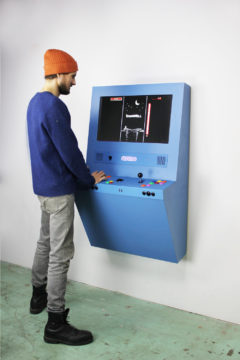 Who do you think will get the most out of Polycade?
Who do you think will get the most out of Polycade?
Tyler: Thus far it’s been hugely popular with dads and kids, because you know dad loves old school games and the kids love modern stuff, so it makes it an elegant family bonding experience. The parents and kids can share their game experiences with one another. It’s very much been a focus point.
I don’t have any kids, and I’d say I’m an intermediate gamer. I don’t get deep into stuff like Destiny or Starcraft, but I love sitting down with a short-form game, like Limbo or Zelda, so I’m also a target market. This appeals to gamers, and people who aren’t gamers.
Similar to when the Wii was released and had a resurgence of casual people returning to games, with the family dynamic.
Tyler: Exactly, you hit that right on the head. The Wii appealed to a lot of hardcore gamers, but it can also appeal to lots of people who aren’t. Gamers are just the easier target! [Laughs]
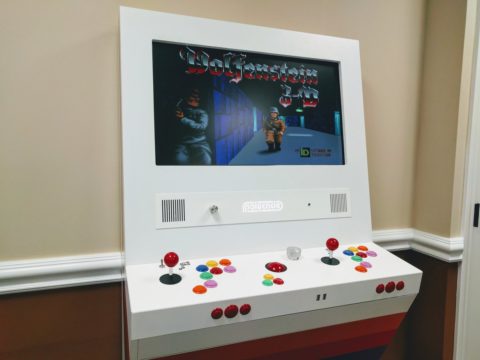
What do you think of the current arcade atmosphere over here? Less in the West, arcades are sparse. Do you think the Polycade is a rebellion against that?
Tyler: I think arcades evaporated largely because home consoles really destroyed the idea of out of home gaming, and that’s for a variety of reasons I think. Most game you’d play in arcades can be played at home for cheaper. I don’t think we’ll see arcades return, but I think the barcade concept works really well. Take a place you were already going to drink and hang with friends, and add arcade games, it’s a really good fit.
I guess you could say Polycade is a rebellion, since one of the core concepts is keeping old arcade games from being lost to the sands of time. I don’t think there’s been a sensible solution to the home arcade problem. Our price-point is $2,800-$3,000, which isn’t cheap, but most competitors are at that price point with a significantly lower powered machine that also has less features. The size of their machines also leads to a ton of shipping fees.
What fully inspired you to put the Polycade out there?
Tyler: I spent about a year or so doing casual research and putting the first one together, and once I had gone through that, I thought maybe some other people might want to buy it too. So I threw it onto Kickstarter, and when it did pretty well, I was like “okay, this project has validation. People want this”, I managed Polycade and my day job for about 8 months after the Kickstarter, then I went full-force on the Polycade. People were reaching out trying to buy them, so there was a lot of positive validation that I could make this and continue to make enough money to survive. [Laughs]
Always a good thing.
Tyler: [Laughs] Yeah, the jury’s still out, but we’re pretty sure it’ll work out.
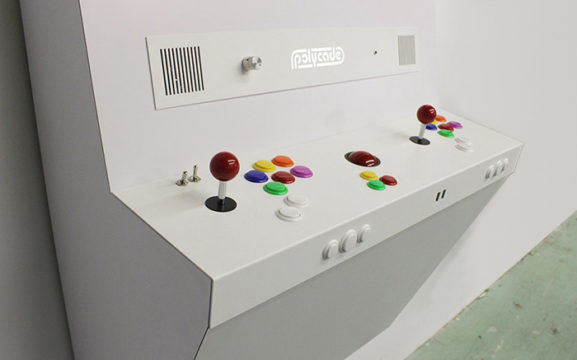
Any last thoughts on the Polycade?
Tyler: I want to stress that there’s a whole universe of possibilities for this machine, and we’re just barely scratching the surface. Most of our clients so far who purchased it for retro games have found themselves spending time on modern stuff too, which is really interesting. We’re super excited for the project, and everything has felt pretty good so far. A lot of people today are kind of afraid of the term “gamer”, as it has a sort of social stigma. I’d say most of us are pretty casual gamers, and there’s no better casual gaming interface than the arcade
We can finally play Hatoful Boyfriend and Potato Thriller on Arcade.
Tyler: [Laughs] Riiiight, totally.
Thanks for talking with us!
Tyler: Excellent, thank you!
Be sure to check out Polycade’s official Twitter and Twitch accounts for the latest news on the console.

